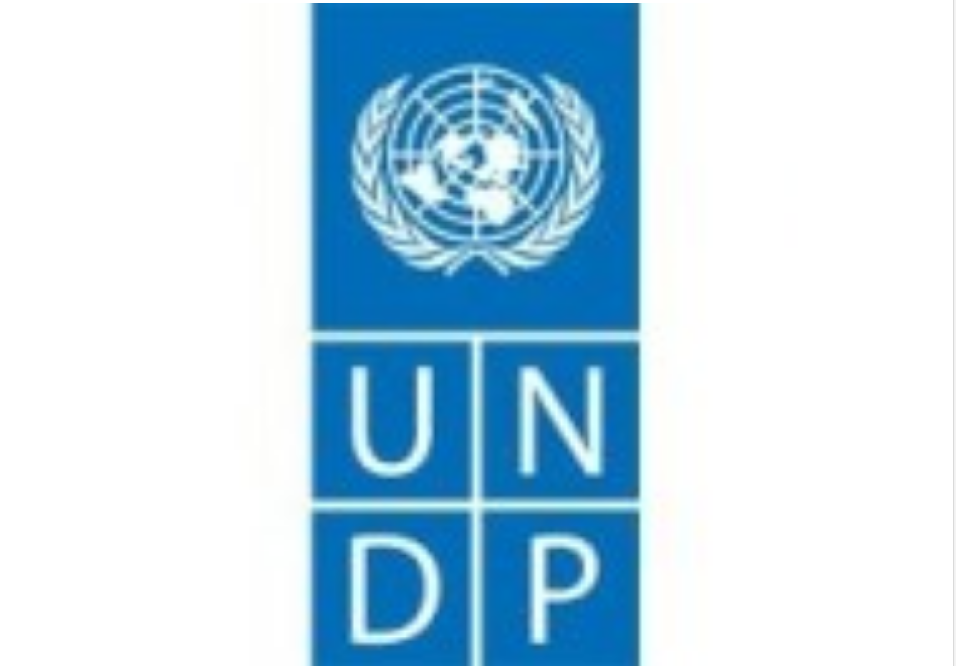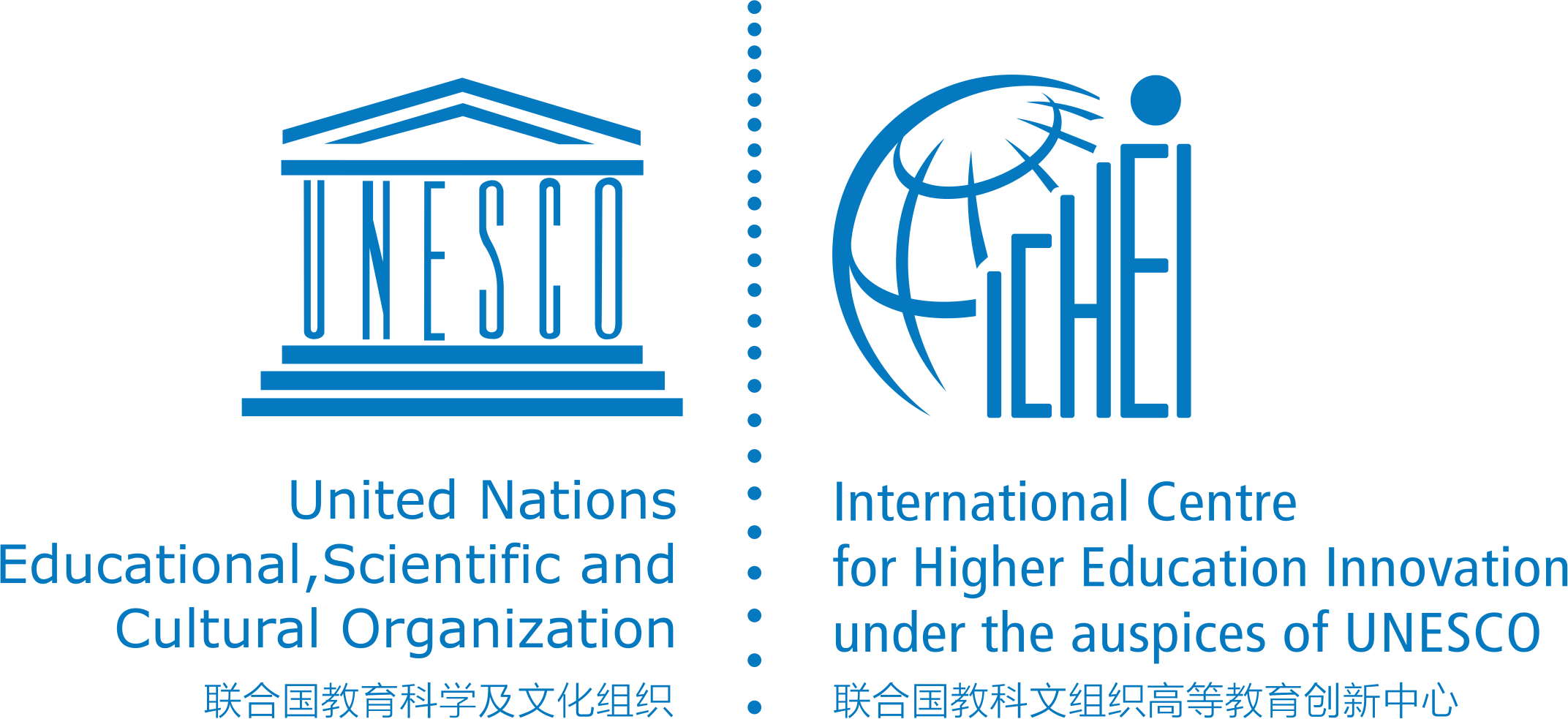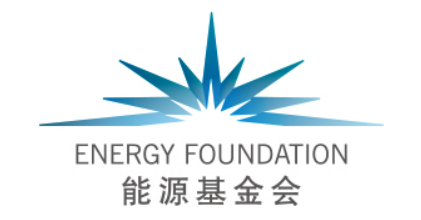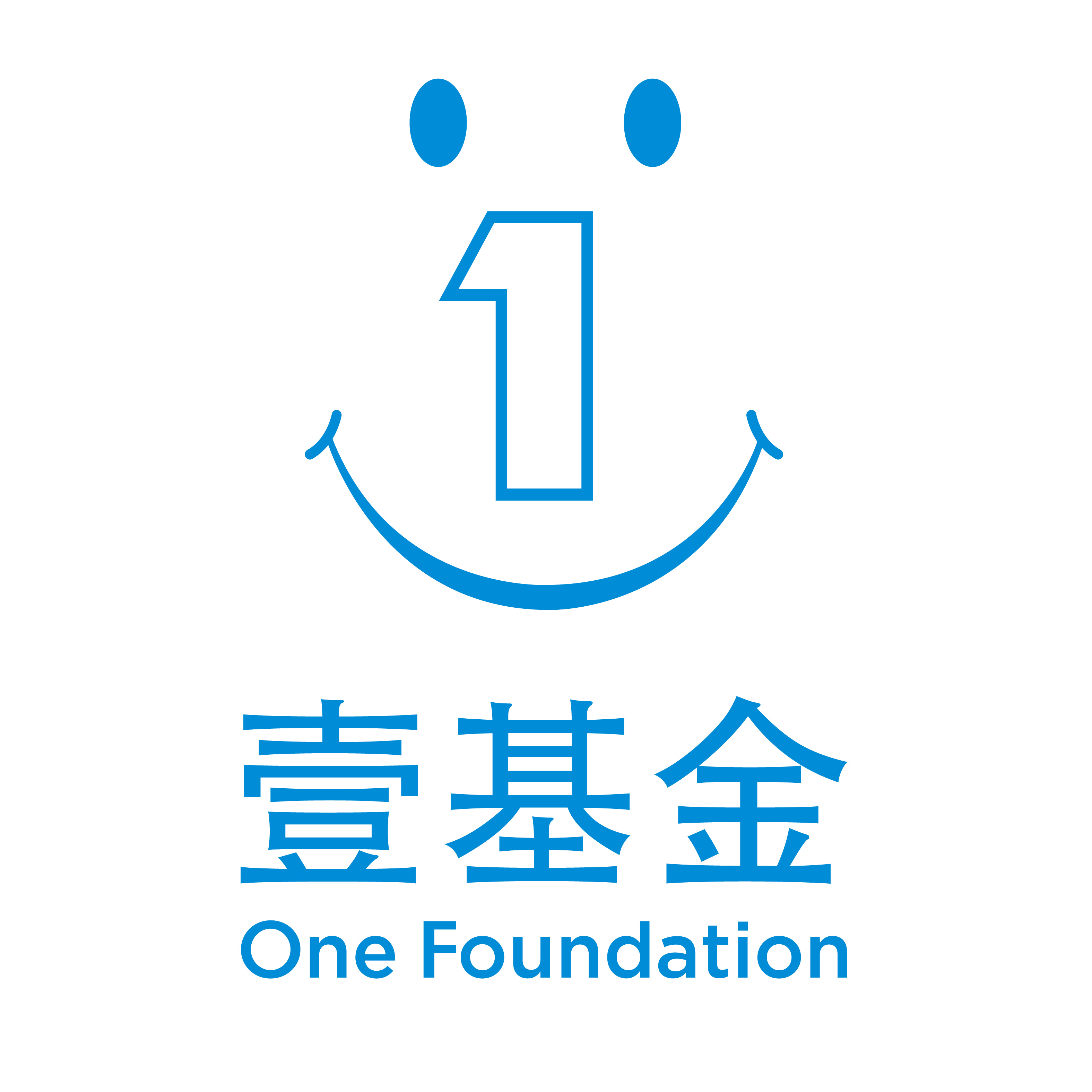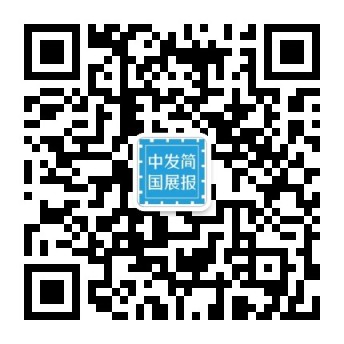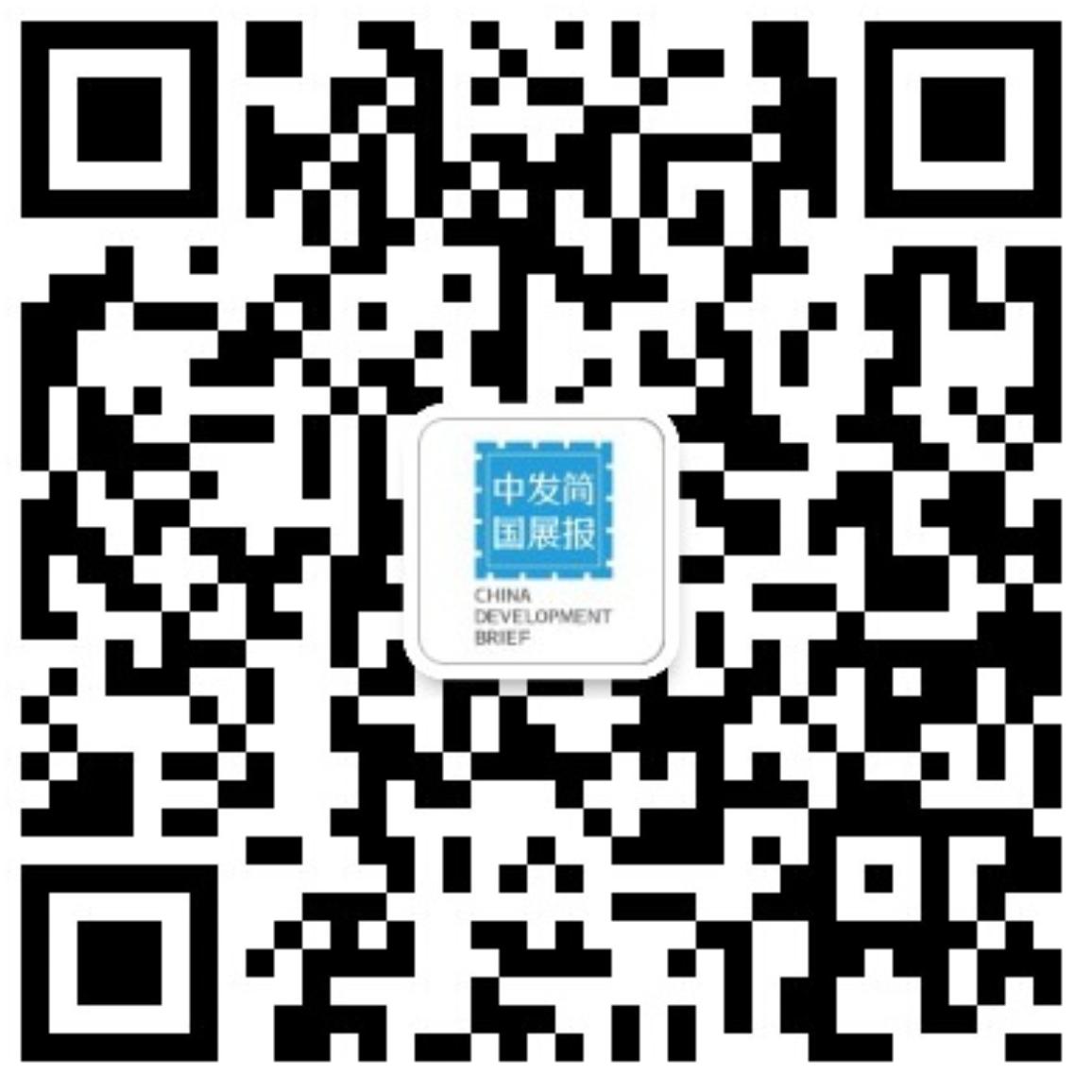 北京市
北京市
 4年以上
4年以上
 本科
本科
 招聘人数:1人
招聘人数:1人

 投诉
投诉
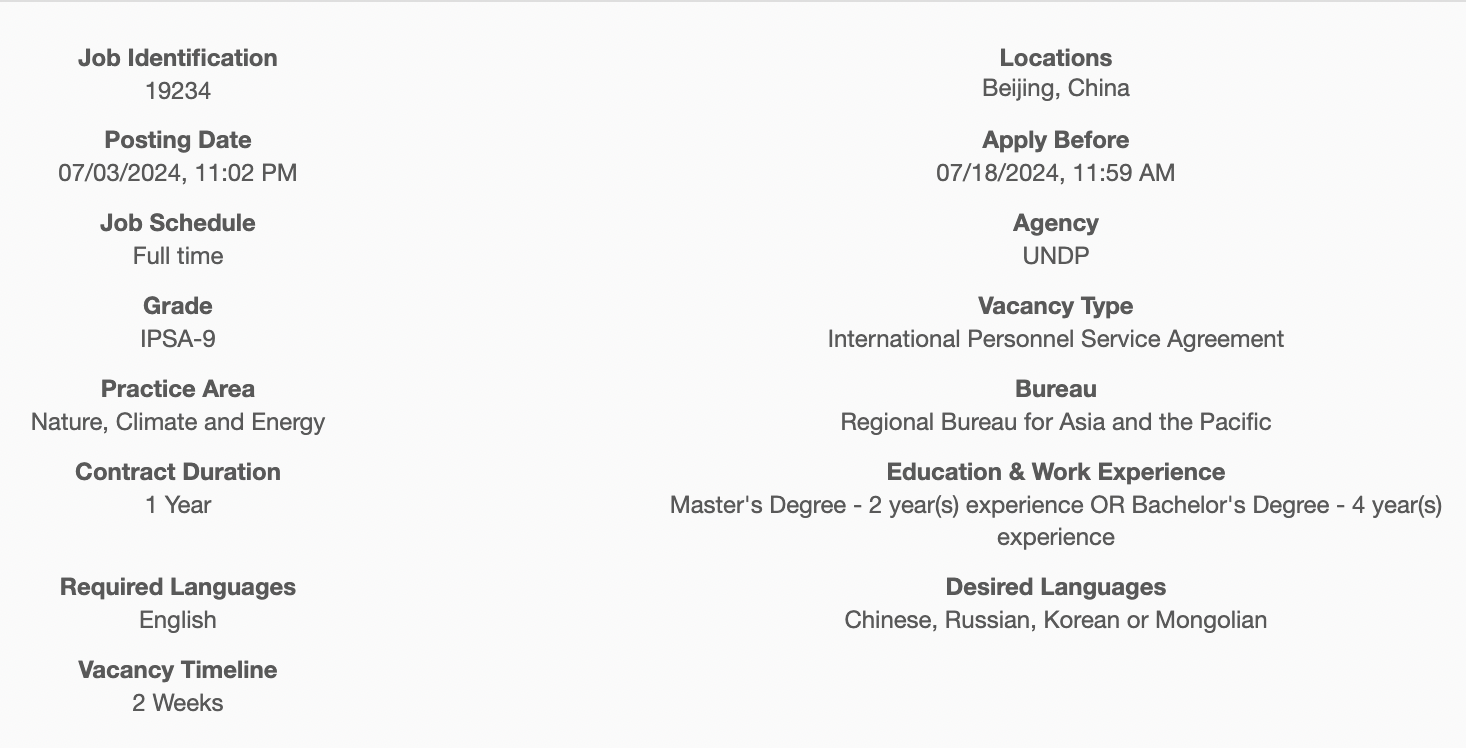
Background
Diversity, Equity and Inclusion are core principles at UNDP: we value diversity as an expression of the multiplicity of nations and cultures where we operate, we foster inclusion as a way of ensuring all personnel are empowered to contribute to our mission, and we ensure equity and fairness in all our actions. Taking a ‘leave no one behind’ approach to our diversity efforts means increasing representation of underserved populations. People who identify as belonging to marginalized or excluded populations are strongly encouraged to apply. Learn more about working at UNDP including our values and inspiring stories.
UNDP does not tolerate sexual exploitation and abuse, any kind of harassment, including sexual harassment, and discrimination. All selected candidates will, therefore, undergo rigorous reference and background checks.
The Greater Tumen Initiative (GTI) (originally known as the Tumen River Area Development Programme –TRADP), is an intergovernmental cooperation mechanism in Northeast Asia, supported by the United Nations Development Programme (UNDP), with a membership of four countries: People’s Republic of China, Republic of Korea, Mongolia and Russian Federation.
In 1995, member governments signed formal agreements to establish the intergovernmental cooperation mechanism, aimed at strengthening economic and technical cooperation, and attaining greater growth and sustainable development for the peoples and countries in Northeast Asia and the Tumen River area in particular.
Since its creation, the GTI has remained a unique intergovernmental platform for economic cooperation, fostering peace, stability and sustainable development in Northeast Asia. It is playing a significant role in expanding policy dialogue and strengthening a business-friendly environment in the region, therefore contributing to the improvement of living standards through the development of infrastructure and the promotion of trade and investment.
In 2005, the member countries agreed to assume the full ownership, and focus on the promotion of regional cooperation in the key sectors of economy: energy, transport, tourism, trade & investment, environment and agriculture.
In recent years, GTI member countries recognized the importance to expand cooperation in wider areas and agreed to establish the new mechanisms under the GTI framework. In this connection, the Northeast Asia Local Cooperation Committee, NEA EXIM Bank Association, GTI Research Institutions Network, and NEA Business Association were established. Currently, GTI is in the process of legal transition to an independent international organization. The discussion on legal texts is undergoing.
The Programme Analyst will report to the Director.
Duties and Responsibilities:
Under the guidance and supervision of the Director of GTI Secretariat, the incumbent shall be in charge of the management and development of GTI’s Energy and Environment sectors.
- Develop activities of the Energy and Environmental Boards; to organize, in close coordination with Board’s Chairperson and members, the regular meeting of the Boards.
- Ensure effective implementation of the GTI Energy Action Plan and pursue necessary activities for development, consultations on and endorsement of the GTI Environmental Action Plan.
- Provide strategic vision on regional cooperation in the energy and environmental sectors as well as identify priority areas of cooperation in consultations with Board members.
- Promote practical cooperation in the energy and environment sector by means of effective identification, assessment, development and implementation of GTI projects on energy and environment.
- Provide timely planning and reporting on activities in the energy and environmental sectors.
- Organize activities for the implementation of the approved workplans in close cooperation with Chairpersons, Board members and National Coordinators.
- Strengthen partnerships with research institutes, industry players, regional and international organizations involved such as UNESCAP, GIZ, etc.
- Mobilize additional funding for GTI energy and environmental projects.
- Evaluate the impact of GTI energy and environment projects on the economy and society in the Greater Tumen Region.
- Organize workshops, seminars and capacity-building events.
- Consult with Chairpersons and members of the Boards, and the National Coordinators on strategies, needs and projects in the energy and environment sectors.
- Organize studies in the energy and environment sectors.
- Monitor the progress of projects and submit regular reports on the GTI energy and environment sectors activities to the Consultative Commission.
- Identify new projects in the energy and environment sectors and prepare project proposals.
- Oversight and monitor the implementation of the projects.
- Administrate the work of the Energy Board and Environment Board to integrate their aims and activities into the annual workplans.
- Attract donors to mobilize financial resources.
- The incumbent performs other duties within their functional profile as deemed necessary for the efficient functioning of the Office and the Organization
Competencies:
Core competencies:
- Achieve Results: LEVEL 1: Plans and monitors own work, pays attention to details, delivers quality work by deadline.
- Think Innovatively: LEVEL 1: Open to creative ideas/known risks, is pragmatic problem solver, makes improvements.
- Learn Continuously: LEVEL 1: Open minded and curious, shares knowledge, learns from mistakes, asks for feedback.
- Adapt with Agility: LEVEL 1: Adapts to change, constructively handles ambiguity/uncertainty, is flexible.
- Act with Determination: LEVEL 1: Shows drive and motivation, able to deliver calmly in face of adversity, confident.
- Engage and Partner: LEVEL 1: Demonstrates compassion/understanding towards others, forms positive relationships.
- Enable Diversity and Inclusion: LEVEL 1: Appreciate/respect differences, aware of unconscious bias, confront discrimination.
Cross-Functional & Technical competencies:
Business Direction & Strategy
- System Thinking: Ability to use objective problem analysis and judgement to understand how interrelated elements coexist within an overall process or system, and to consider how altering one element can impact on other parts of the system.
- Effective Decision Making: Ability to make decisions in a timely and efficient manner in line with one’s authority, area of expertise and resources.
Business Management
- Project Management : Ability to plan, organize, prioritize and control resources, procedures and protocols to achieve specific goals.
- Communication: Ability to communicate in a clear, concise and unambiguous manner both through written and verbal communication; to tailor messages and choose communication methods depending on the audience; Ability to manage communications internally and externally, through media, social media and other appropriate channels.
- Working with Evidence and Data: Ability to inspect, cleanse, transform and model data with the goal of discovering useful information, informing conclusions and supporting decision-making.
Digital & Innovation
- Data strategy and management: Knowledge to draft or execute a data strategy or a data management framework.
Partnership management
- Strategic engagement: Ability to capture and sustain attention, interest and agreement of high-level, influential policy and decision makers and secure their buy-in of high-level vision and objectives.
Required Skills and Experience:
- Education:
- Advanced university degree (master's degree or equivalent) in Economics, Energy, Environment or Development Studies or related field is required.
- A first-level university degree (bachelor’s degree) in the areas mentioned above, in combination with an additional two years of qualifying experience will be given due consideration in lieu of the advanced university degree
Experience:
- A Minimum of 2 years (with master’s degree) or 4 years (with bachelor’s degree) of relevant work experience at the national or international level in an economic and development agency providing management advisory services, hands-on experience in design, monitoring and evaluation of development projects.
- Good command of Microsoft Office software packages (Word, Power Point, Excel).
- Experience and deep knowledge of energy and environment priorities and policies.
- Experience and knowledge of international organization regulations, rules, policies and procedures would be an asset.
- Demonstrated experience in capacity to support multi-sectoral programmes in the international arena and the ability to supervise international professional staff is desired.
- Experience in developing projects in Northeast Asia in related fields is an asset.
Required Languages:
- Fluency in both written and spoken English is required.
- Working knowledge of GTI languages: Chinese, Russian, Korean or Mongolian is desired.
Disclaimer
- Important information for US Permanent Residents ('Green Card' holders)
- Under US immigration law, acceptance of a staff position with UNDP, an international organization, may have significant implications for US Permanent Residents. UNDP advises applicants for all professional level posts that they must relinquish their US Permanent Resident status and accept a G-4 visa, or have submitted a valid application for US citizenship prior to commencement of employment.
- UNDP is not in a position to provide advice or assistance on applying for US citizenship and therefore applicants are advised to seek the advice of competent immigration lawyers regarding any applications.
- Applicant information about UNDP rosters
Note: UNDP reserves the right to select one or more candidates from this vacancy announcement. We may also retain applications and consider candidates applying to this post for other similar positions with UNDP at the same grade level and with similar job description, experience and educational requirements.
Non-discrimination
UNDP has a zero-tolerance policy towards sexual exploitation and misconduct, sexual harassment, and abuse of authority. All selected candidates will, therefore, undergo rigorous reference and background checks, and will be expected to adhere to these standards and principles.
UNDP is an equal opportunity and inclusive employer that does not discriminate based on race, sex, gender identity, religion, nationality, ethnic origin, sexual orientation, disability, pregnancy, age, language, social origin or other status.
 (线下办公)中国北京北京市朝阳区
(线下办公)中国北京北京市朝阳区

 投诉
投诉
